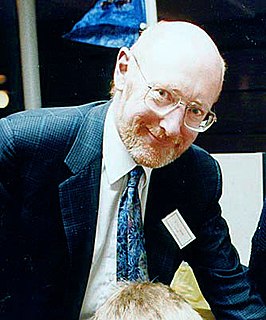A Quote by Patricia Moyes
The buildings ... had suffered the inevitable shrinkage of places revisited.
Related Quotes
It is not possible to make great buildings, or great towns, beautiful places, places where you feel yourself, places where you feel alive, except by following this way. And, as you will see, this way will lead anyone who looks for it to buildings which are themselves as ancient in their form, as the trees and hills, and as our faces are.
I revisited some music that I had written for Miles Devis. I used to work with Miles in the '80s. We did an album - "Tutu," that was really successful for Miles, and a couple of years ago we did "Tutu Revisited," and this is where we played the music from "Tutu." But I knew Miles would absolutely hate it if we just got on the stage and played the music the same way we did it in the '80s.
Building places that are worth living in and worth caring about require a certain attention to detail, and of a particular kind of detail that we have forgotten how to design and assemble. And that involves the relationship of the buildings to each other, the relationship of the buildings to the public space, which in America, comes mostly in the form of the street. Because it's only the exceptional places in America that have the village square or the New England green. You know. The street is mostly the public realm of America. And we have to design these things so that they reward us.
By analyzing data from Greenwich Observatory in the period 1836-1953, John A. Eddy [Harvard-Smithsonian Center for Astrophysics and High Altitude Observatory in Boulder] and Aram A. Boornazian [mathematician with S. Ross and Co. in Boston] have found evidence that the sun has been contracting about 0.1% per century during that time, corresponding to a shrinkage rate of about 5 feet per hour. And digging deep into historical records, Eddy has found 400-year-old eclipse observations that are consistent with such a shrinkage.
There was a time in our past when one could walk down any street and be surrounded by harmonious buildings. Such a street wasn't perfect, it wasn't necessarily even pretty, but it was alive. The old buildings smiled, while our new buildings are faceless. The old buildings sang, while the buildings of our age have no music in them.






































